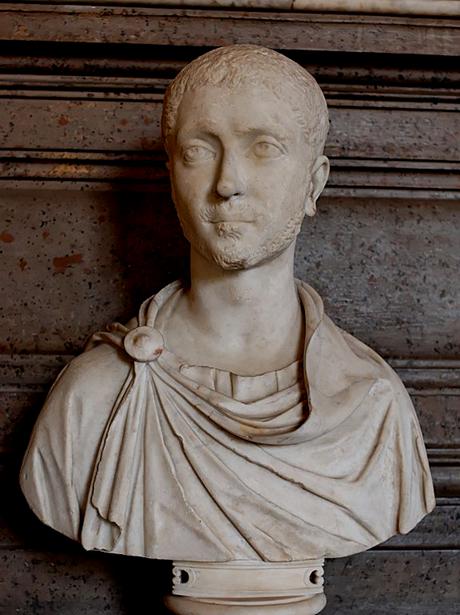The Ghost Of Alexander Severus: Third Century Religious Pluralism as a Foretaste of Postmodernity, by Woodrow E. Walton

Has Christianity ever found itself in a world full of competing religions and cultures? What can we learn from how those followers of Jesus acted in their times? Should we hope for the same kinds of outcomes?
We are presently concerned with the relationship of our faith to the other religions of the world, especially with Islam and a newly radicalized Hinduism. Except for Islam and a radicalized Hinduism, this is nothing new for Christians. Jesus was born into a religiously pluralistic world; much more, the first Christians, as acknowledged by D.A. Carson in his The Gagging of God, “not only lived in a pluralistic world, but they operated from a base of perceived inferiority.”1
For a visitor from the middle of the third century, it is déjà vu. All of the religions of that time are here and every one touting tolerance while displaying an intolerance of its own. There is an added feature not around in the third century, Islam and its Moslem adherents.
One of the Severan emperors, Alexander Severus, went one step further in the pluralist direction. In his own private chapel, he placed busts or statues of Apollonius, Abraham, Jupiter, Jesus, and Orpheus side-by-side.2 Whatever his intent, it suggested that he saw Jesus and Abraham on a par with Orpheus and Apollonius. That parity attitude exists in the 21st century when pluralists suggest that Christianity, Buddhism, Islam and Hinduism are just different ways of approaching the same God and, therefore, are of equal value. The ghost of Alexander Severus hovers over this postmodern 21st century. Back in 1993 Richard Unds assessed the postmodern golden rule as “Grant to all religions the same presumption of truth as you grant to your own religion. All religions are created equal.”3 Evidently, Severus thought that way himself; same situation, different century.
With the fourth century, a new order came with a triumphant Christianity—almost. With Julian’s ascension to the throne persecution against Christians broke out anew. Julian, in a gesture toward the Jews, started rebuilding the Temple on their behalf. Natural calamities hampered the project and it was abandoned in A.D. 363 upon Julian’s death. Jovian, Julian’s successor, restored to the Church its privileges. His successor, Constantius, closed all pagan temples.
Category: Church History, Pneuma Review, Winter 2013


